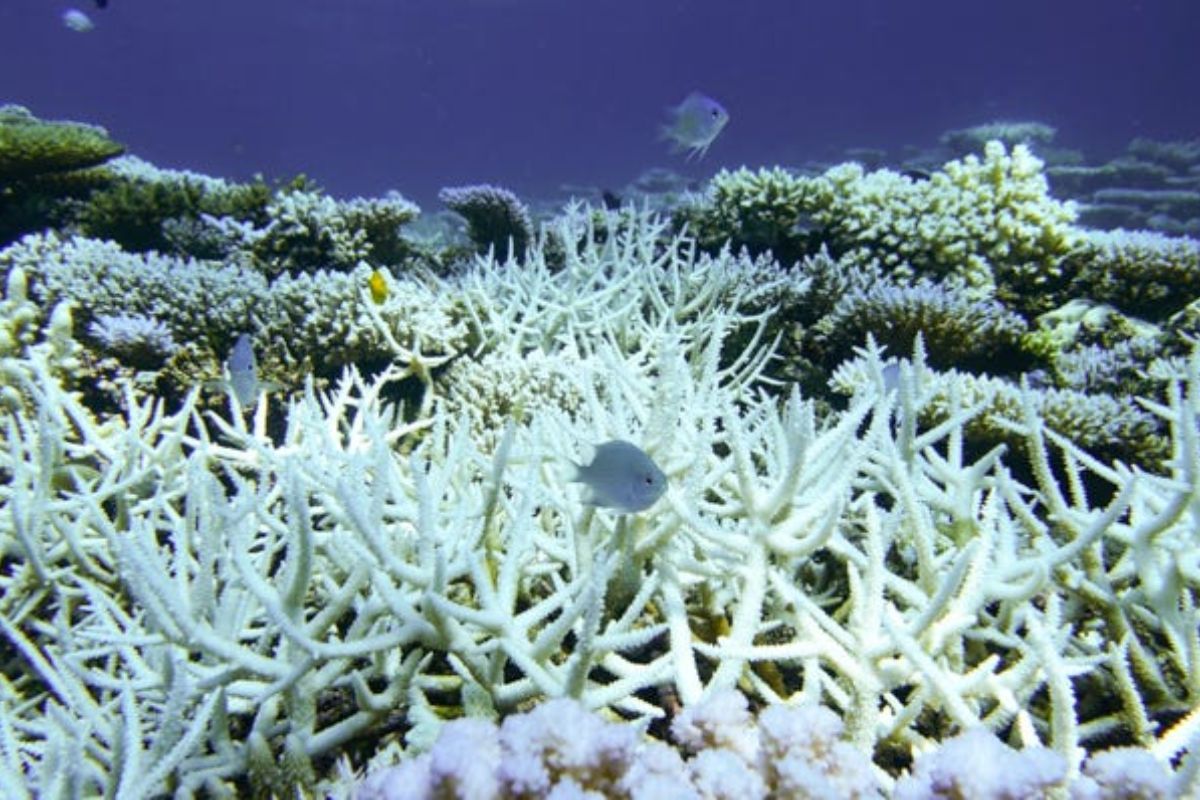The world’s highest maritime court has ruled that human-caused greenhouse gas emissions constitute marine pollution under international law. The ruling by the International Tribunal for the Law of the Sea (ITLOS) means countries could be held legally responsible for climate change damages to the oceans.
UNCLOS requires controlling greenhouse gas
The advisory opinion issued unanimously by the 21 judges on Tuesday stated that countries that ratified the United Nations Convention on the Law of the Sea (UNCLOS) are legally obligated to take necessary measures to prevent, reduce, and control greenhouse gas emissions damaging the marine environment.
The Convention requires States Parties to take necessary measures to prevent, reduce, and control marine pollution from anthropogenic greenhouse gas emissions,” the 159-page opinion stated.
The tribunal found that the definition of “pollution of the marine environment” under UNCLOS includes the introduction of substances like carbon dioxide into the atmosphere, which enters the oceans and causes “deleterious effects” like ocean warming, acidification and sea level rise.
The landmark case was brought by a commission representing small island nations in the Pacific and Caribbean already facing devastating impacts from climate change, including coastal erosion, saltwater intrusion, and extreme storms. The islands argued that existing international climate agreements were insufficient to protect them from future harm.
“We got everything we asked for; we now have an authoritative definition of the obligations of states to avert irreversible harm,” said Payam Akhavan, the lead lawyer for the island group.
UNCLOS: Ratified by 168 countries
UNCLOS, sometimes called the “Constitution for the Oceans,” has been ratified by 168 countries, including major greenhouse gas emitters like China, Russia, and India, but not the United States, which has signed but not ratified it.
Environmental law experts said the opinion could open the door for island nations and coastal countries to sue major polluters for climate damages under UNCLOS and seek compensation.
“This historic opinion directly connects human emissions of greenhouse gases to their harmful impact on the ocean,” said Michael Gerrard, director of the Sabin Center for Climate Change Law at Columbia University. “It will resonate in courts worldwide.”
The tribunal found that countries with greater capabilities have a higher obligation to rapidly cut emissions under the principle of “common but differentiated responsibilities.” It also said nations must apply the best available science on climate change, contained in reports by the UN’s Intergovernmental Panel on Climate Change.
David Boyd, the UN Special Rapporteur on human rights and environment, called the opinion “a triumph for small island states battered by climate change impacts” and “a wake up call for the entire world on the need for urgent climate action.”
Environmental activists on hand in Hamburg, Germany celebrated the opinion as a recognition that climate change poses an existential threat to the oceans that cover 70% of the planet’s surface.
The tribunal’s opinion comes ahead of two other major climate cases pending before the International Court of Justice and the Inter-American Court of Human Rights. Legal experts said the ITLOS decision would likely influence those courts’ rulings expected over the next year or two.
While it is an advisory opinion and not legally binding, the ruling establishes an authoritative definition of what counts as marine pollution and state obligations to mitigate it under UNCLOS. It sends a clear signal to the world’s nations to ramp up efforts to rapidly eliminate greenhouse gas emissions before further irreversible ocean damage occurs.
Keep Reading
Part 1: Cloudburst in Ganderbal’s Padabal village & unfulfilled promises
India braces for intense 2024 monsoon amid recent deadly weather trends
Support us to keep independent environmental journalism alive in India.
Follow Ground Report on X, Instagram and Facebook for environmental and underreported stories from the margins. Give us feedback on our email id greport2018@gmail.com.
Don’t forget to Subscribe to our weekly newsletter, Join our community on WhatsApp, and Follow our YouTube Channel for video stories.









